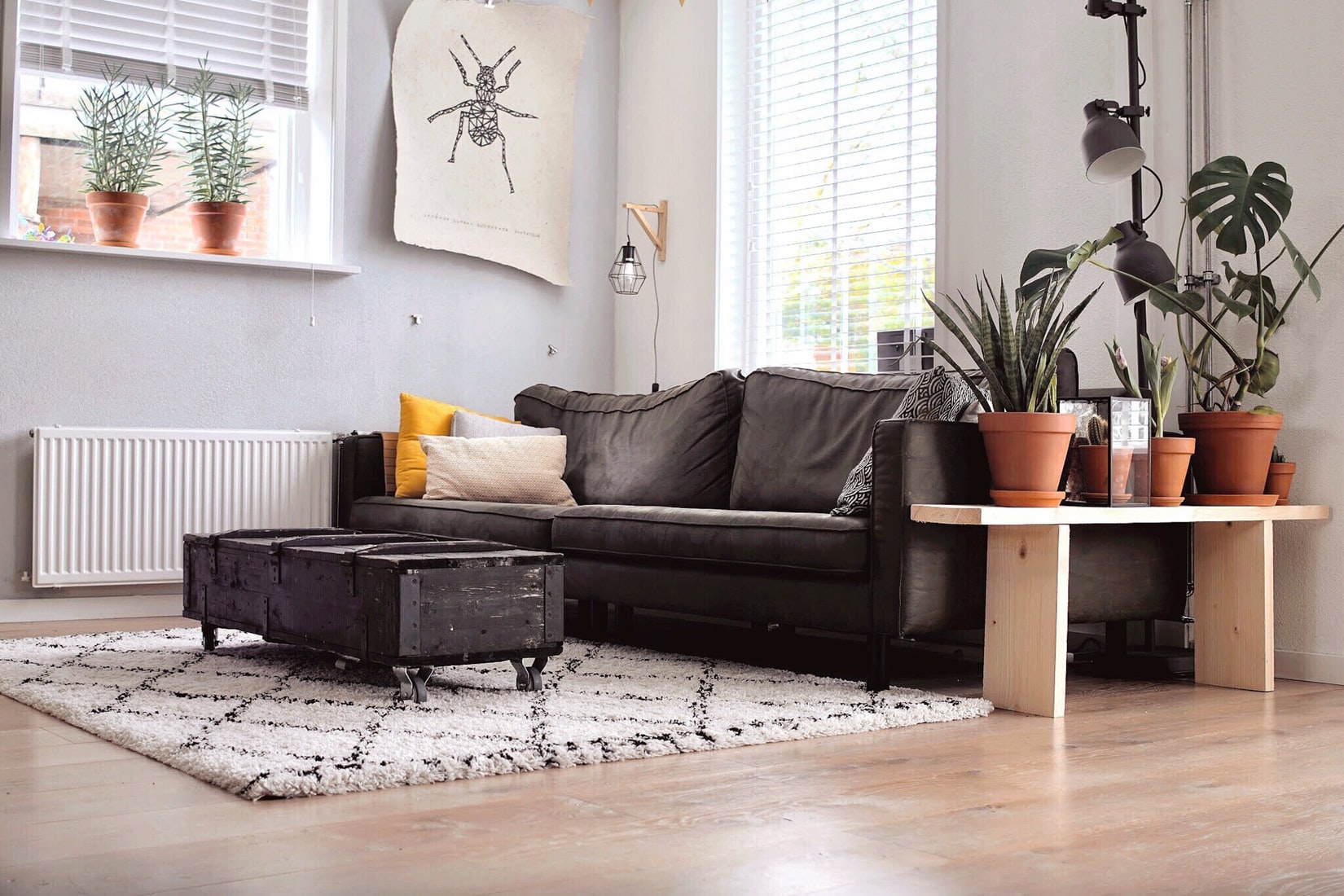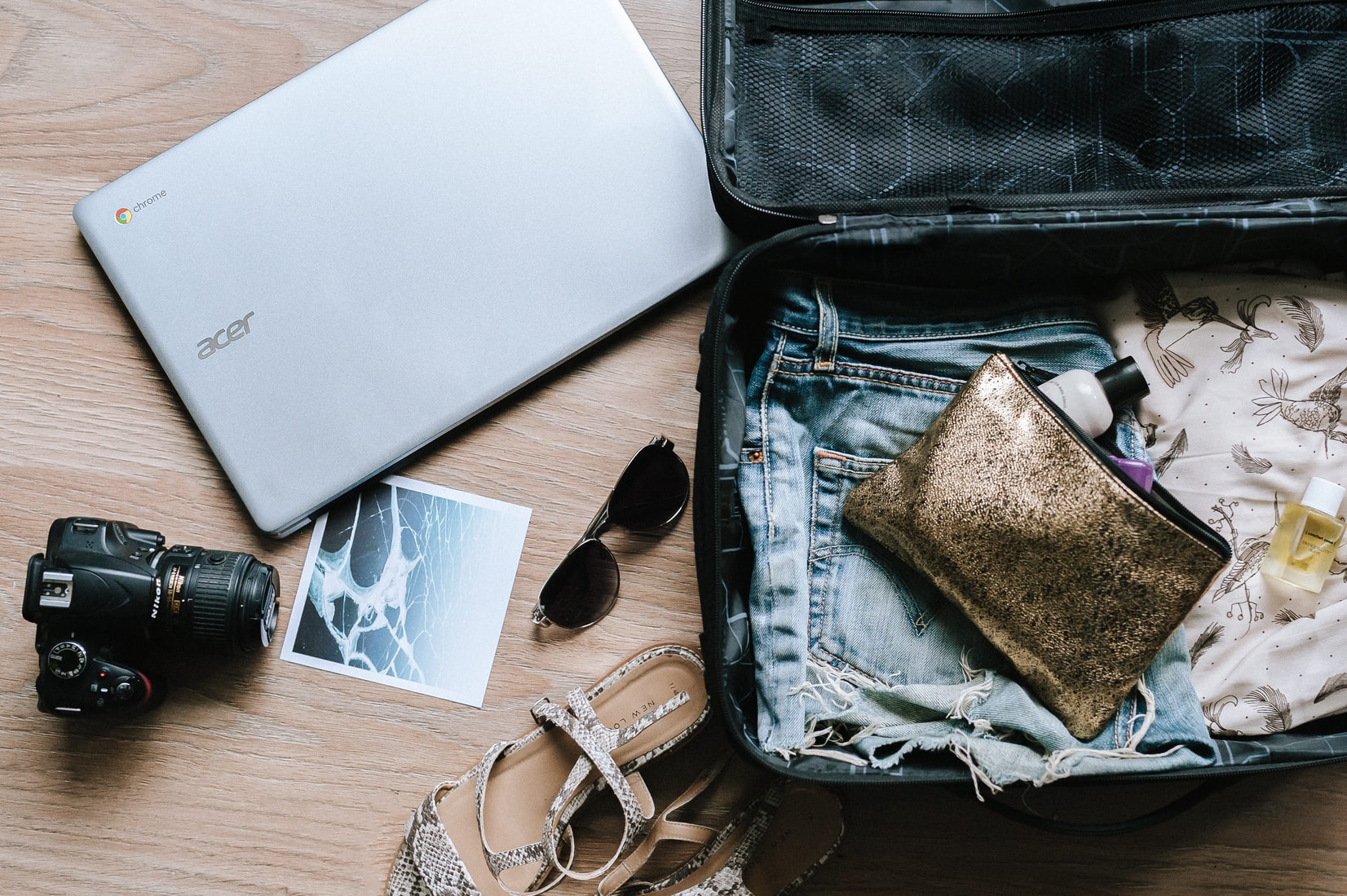
You’ve packed your boxes, you’ve rented the truck, you’ve said your goodbyes to your old home. But, is everything really set and done? We get that your first time renting your own apartment can be really exhilarating. It’s the opening to a new chapter and new adventure after all. Sometimes though, rookie mistakes can happen. Every first-time renter is prone to it. And it might cost you invaluable time and money. The great news is with a little research and preparation, you can identify these mistakes before you make them. Here’s a list of the most common rookie mistakes first-time apartment renters make to help you out.

1. Renting The Apartment Without Seeing It
Nothing is wrong with browsing online listings. But, remember, photos can easily be deceiving. So, make sure to visit your potential apartment in person. This way, you’ll know all the basics of what to expect. Nothing is more disappointing than moving into a place and not getting what you saw in the pictures. There can be more damages than you expected. Or there can be a funky scent coming from somewhere. The list goes on. Checking it in person also helps you avoid rental scams.

2. Not Documenting the Condition of the Apartment
The first thing you should do before unpacking is to document the condition of the apartment. Look for any damages no matter how small it is and take pictures. Remember, if your landlord finds any damage, you’ll be the one held liable. And if you don’t have proof that it wasn’t you, you might end up with a heft repair or cleaning bill. Once you see any problems, take them to your landlord right away so you’ll be on the same page from day one.

3. Skipping the Fine Print
It’s the small details that get you. In this case, it’s the fine print of your lease that contains important information that will affect your life in that apartment. Trust us, it may sound tedious but, reading the terms of your lease properly will pay off. Your lease will specify if you have to pay your own utility bills, if you can have pets, if there’s a parking fee, if guests are allowed and whatnot. You don’t want to end up blindsided just because you decided to skip it all and just sign.

4. Passing Up Renter’s Insurance
Your apartment and the property will be insured by your landlord but not your possessions. That’s why you need to get your own renter’s insurance. This will protect your personal belongings and may even cover the medical expenses of anyone hurt in your apartment. Fortunately, renter’s insurance is typically pretty cheap. Some plans are even at or below $20 a month.

5. Ignoring the Small Details
When you visit and the day you arrive at your new apartment, everything might seem simple. You’ll just have to move in. But, you’ll quickly find out that some furniture might be too big. Some might not fit through the door. And the area might not be as spacious as you thought it was with all your things. To avoid this maddening experience, pay attention to the small details. For instance, measure the size of the apartment and the things you own. Take into consideration everything you usually won’t pay attention to.

6. Missing the Roommate Red Flags
If you’re staying with a roommate, picking the right one can make or break the new independent living experience. And picking the right roomie is no walk in the park. Even if it seems like the two of you would get along in the beginning, you may discover that you actually different ideas on how to live day-to-day. So, from the start, set ground rules, talk about your differences, and find common ground. This way, roommate problems won’t add another problem to your list of things to worry about.

7. Rushing the Move and Unpacking Process
Settling into your new home can take weeks if not months. If you try to rush this process, you might end up forgetting something or breaking something. So, it’s a good idea to pace it out and work around your schedule whether it be work or school to get everything together. Then, set a reasonable deadline for yourself. With that, moving and unpacking would be a breeze.

